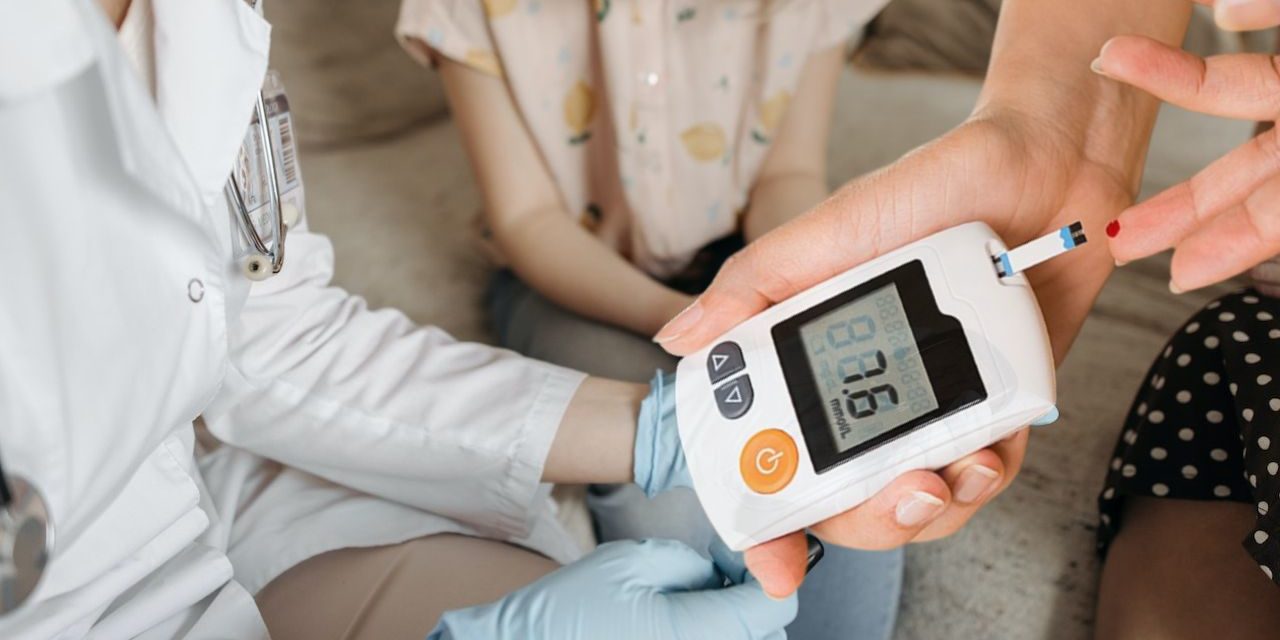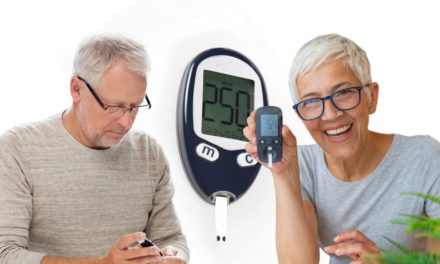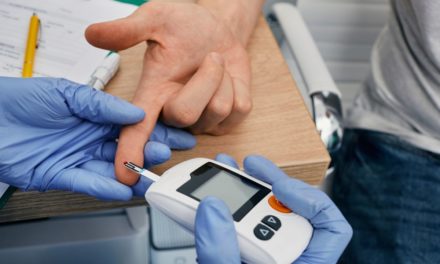Decode the Symptoms of Diabetes in Women: What You Should Know
1. Symptoms in Women:
What You Should Know” specifically advises on understanding the different symptoms of diabetes in women. Although the symptoms of diabetes can be the same for both men and women, there are some aspects to be aware of. It is especially important for women to have. Consider the details:
2. Unexplained weight changes:
Sudden weight loss or weight gain can be a sign of diabetes in women. The body’s inability to use glucose properly for energy can cause weight loss despite increased appetite. On the other hand, weight gain can occur if insulin resistance is present, causing the body to store excess glucose as fat.
3. Fatigue and low energy:
Feeling tired or fatigued even after getting enough rest can be a common symptom of diabetes in women. When blood sugar levels are persistently high, the body’s cells may not get enough glucose for energy, resulting in fatigue and low energy levels.
4. Increased thirst and frequent urination:
It is important for women to recognize these classic symptoms of diabetes. Elevated blood sugar levels can cause the kidneys to work harder to filter and absorb glucose, which increases urine output. This, in turn, can cause dehydration, triggering excessive thirst as the body tries to compensate for the lack of fluid.
5. Increased susceptibility to infections:
Women with diabetes may be more prone to infections, such as urinary tract infections, yeast infections, and bacterial skin infections. High blood sugar levels can weaken the immune system, making it harder for the body to fight off infection.
6. Menstrual cycle changes:
Diabetes can sometimes affect the regularity and consistency of menstruation in women. Some may experience irregular periods, while others may have a heavier or lighter flow than usual. Hormonal imbalances and insulin resistance can disrupt normal menstrual cycles.
7. Tingling or numbness in the hands and feet:
Nerve damage, called diabetic neuropathy, can cause tingling, numbness, or a “pins and needles” sensation in the hands and feet. This symptom can develop slowly over time and, if left untreated, can affect daily activities and quality of life.
8. Blurred vision:
High blood sugar levels can affect the eye’s lens, causing temporary vision changes. Blurred vision or difficulty concentrating can be a sign of diabetes in women. If blood sugar levels are persistently high, it can cause long-term eye damage and, if left uncontrolled, can lead to diabetic retinopathy.
9. Gestational diabetes:
Pregnancy can sometimes trigger diabetes in women who have never had the condition before. Gestational diabetes occurs during pregnancy and can increase the risk of complications for both mother and baby. It is important for pregnant women to be aware of the symptoms and undergo screening tests recommended by their health care providers.
Remember, experiencing these symptoms does not automatically mean you have diabetes, but they may be symptoms that warrant further investigation. If you experience any of these symptoms or have concerns about your health, it is very important to consult a healthcare professional for proper diagnosis, evaluation and management. Early detection and appropriate treatment are key to maintaining good health and preventing diabetes-related complications.










